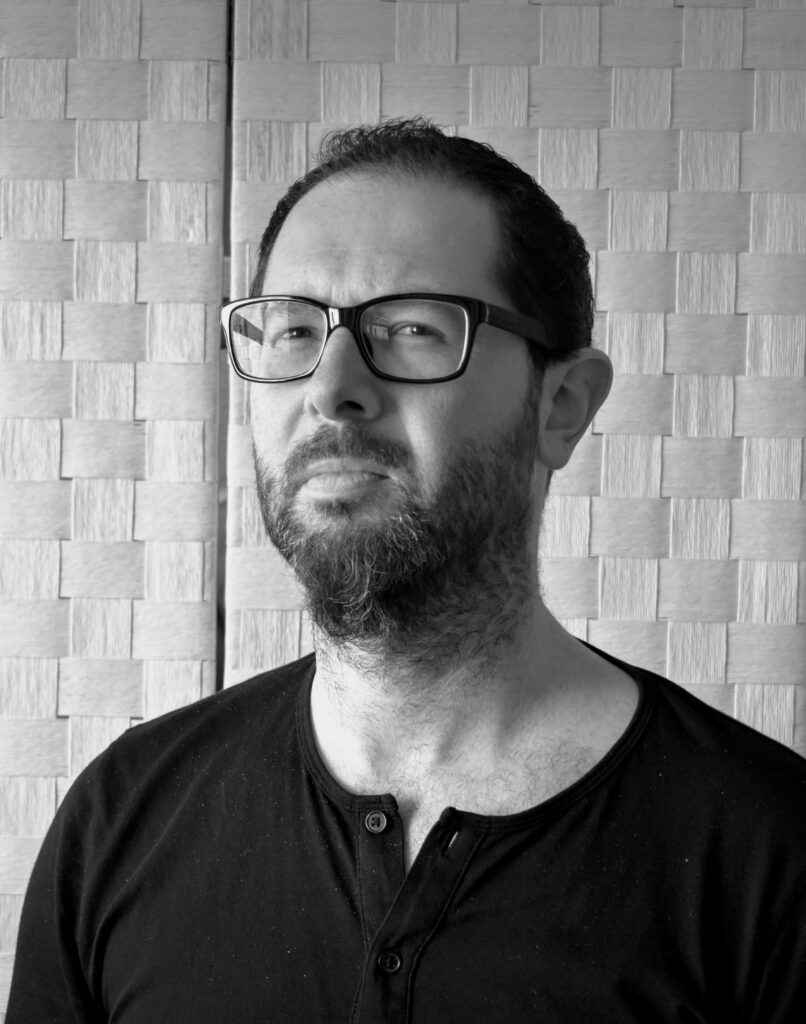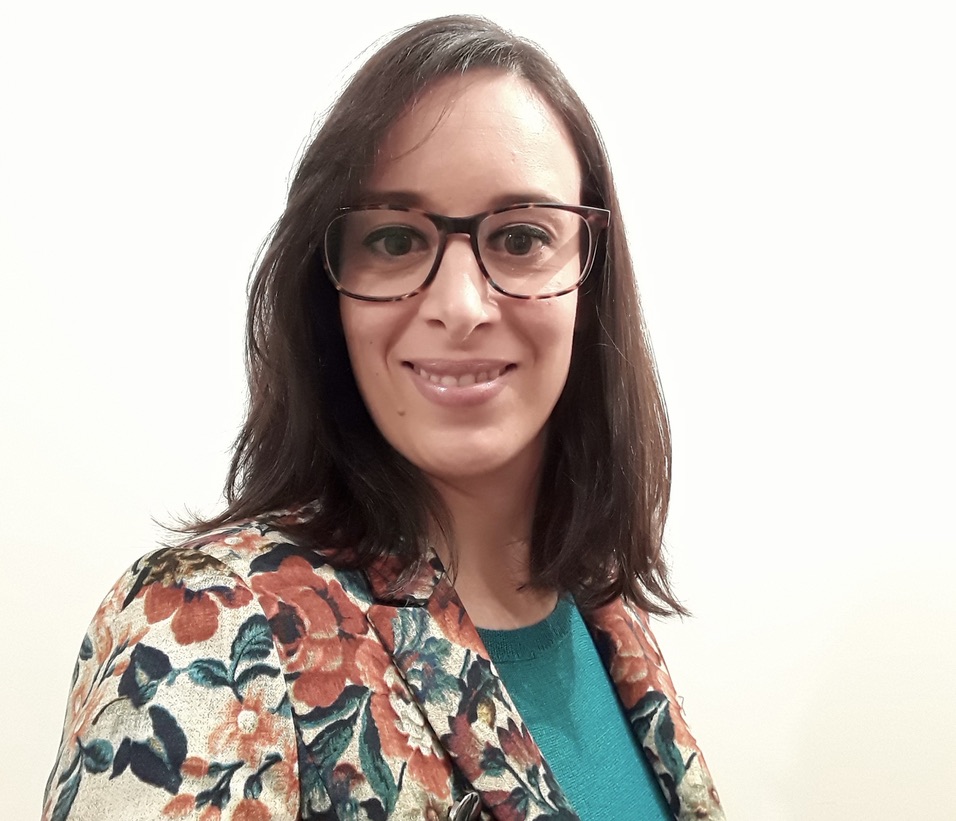
Conceição Nogueira, Ph.D. in Social Psychology, in the field of Gender Studies, is currently Associate Professor with Aggregation at FPCEUP and vice-director of the Ph.D. Program in Human Sexuality of the same faculty. She is the author of several books (national and international), book chapters, and articles on themes of Gender Studies, Sexualities, and Feminisms. She is the coordinator of several international and national projects.

Liliana Rodrigues is a researcher integrated in CPUP, has a Ph.D. in Psychology from the FPCEUP, and a Master’s in Psychology of Justice from the University of Minho. As part of her Ph.D., she was also an FCT grant holder, whose thesis is entitled: “Trans(Gender) Travels in Portugal and Brazil: A Critical Feminist Psychological Approach”. Her areas of interest, research projects, and scientific production focus on gender studies and non-normative sexualities.

Rita Grave has a Ph.D. in Psychology from the FPCEUP. An effective member of the Portuguese Psychologists Association (OPP), she has been working in the field of community psychology, clinical practice, and research. She also has a degree in Primary Education from the University of Minho, IEC, and has worked as a teacher in several primary schools.

Sara I. Magalhães Ph.D. in Educational Psychology from the University of Minho is currently a researcher at the Center for Psychology, University of Porto. She actively participates in funded research projects (FCT; POPH/QREN/FSE/CIG; POISE/CIG; EEAGRANTS/FSE/CIG). She participates in funded training, contributing to training differentiated strategic audiences. Feminist activist integrates national NGOs for gender equality and human rights.

Marisa Matias has a Ph.D. in psychology from the FPCEUP and is currently a lecturer. Her research interests focus on gender issues, work-family reconciliation, and family relationships, having developed several national and international research projects in this area. She is also the coordinator of the research team of the RESET-Redesigning Equality and Scientific Excellence Together project.

Hernâni Veloso Neto is a visiting professor at ISLA (Polytechnic Institute of Management and Technology and Integrated Researcher at the Institute of Sociology of the University of Porto), where he coordinates RICOT (Research Network on Working Conditions). His main areas of teaching and research are Working conditions; Occupational safety and health; Organizational behavior; Social responsibility; Gender equality.

Reinaldo Santos has a Ph.D. in management, a postgraduate degree in human resources management, and a degree in the sociology of organizations. He is currently a professor of human resource management, also collaborating with several business schools and training entities in training and development projects for people at work. His area of research is well-being at work.

Teresa Teixeira has a Master’s degree in Psychology from FPCEUP, where she is currently a student with an FCT Individual Doctoral Grant (SFRH/BD/146921/2019). She is a full member of the Portuguese Psychologists Association (OPP). Her professional career and scientific production integrate different areas of psychology: feminisms, gender, sexualities, queer studies, gender identities, and gender non-binarism.

Jorge Peixoto Freitas has a master’s degree in psychology and is a student in the Ph.D. Program in Human Sexuality. He is currently a researcher and project manager of RESET – Redesigning Equality and Scientific Excellence Together, ongoing at U.Porto. He practices clinical activity with a focus on Systemic Intervention and Family Therapy. Certified as a clinical and health psychology specialist, community psychology and work, social and organizational psychology.

Dani Dias has a law degree from the UP Law School. Registered as a lawyer with the Porto Bar Association. He is currently the managing partner of an insurance ancillary services company.

Cátia Pontedeira teaches Criminology at the University of Maia and at the Nursing School of Porto. She is a Ph.D. candidate in Criminology at the Faculty of Law, University of Porto, and the University of Liverpool. She has contributed to several national and international competitive projects in gender violence, some of which as coordinator. She is a researcher at UMAR since 2014.

Manuela Peixoto has a Ph.D. in Psychology from FPCEUP. She is a Clinical and Health Psychologist and collaborates as a researcher at CPUP. She is the author of several scientific articles and chapters in national and international books and has as areas of research interest issues related to gender, sexual orientation, human sexuality, psychological processes, and well-being.

Ana Luísa Patrão has a degree in Social Work (UTAD, Portugal), a Ph.D. in Health Psychology (UM, Portugal), and a post-doctoral degree in Public Health (UFBa, Brazil). She is an investigator for ELSA-Brazil, the largest study on adult health in Brazil and Latin America. She works scientifically in the areas of Health Psychology, Health Promotion, Public Health, and Global Health, investigating issues of gender and health.

Sofia Jamal has a degree and a master’s degree in Psychology of Deviant Behavior and Justice from the University of Porto and a degree in European Studies from the University of Coimbra. She is currently studying for a PhD in Political Science and International Relations at the University of Minho. She has a professional career linked to gender equality and gender-based violence, including psychological intervention with victims, facilitation of training sessions for strategic audiences, management and implementation of projects with several NGOs, research and consultancy with national and international entities.

Ana R. Pinho holds a master’s degree in Clinical and Health Psychology from the Faculty of Psychology and Educational Sciences of the University of Porto. She is currently a researcher on the project “Sexual assistance: Social representations and recommendations for public policies” developed at the same Faculty. Her areas of interest and scientific production focus on gender studies, sexualities and sexual assistance.
